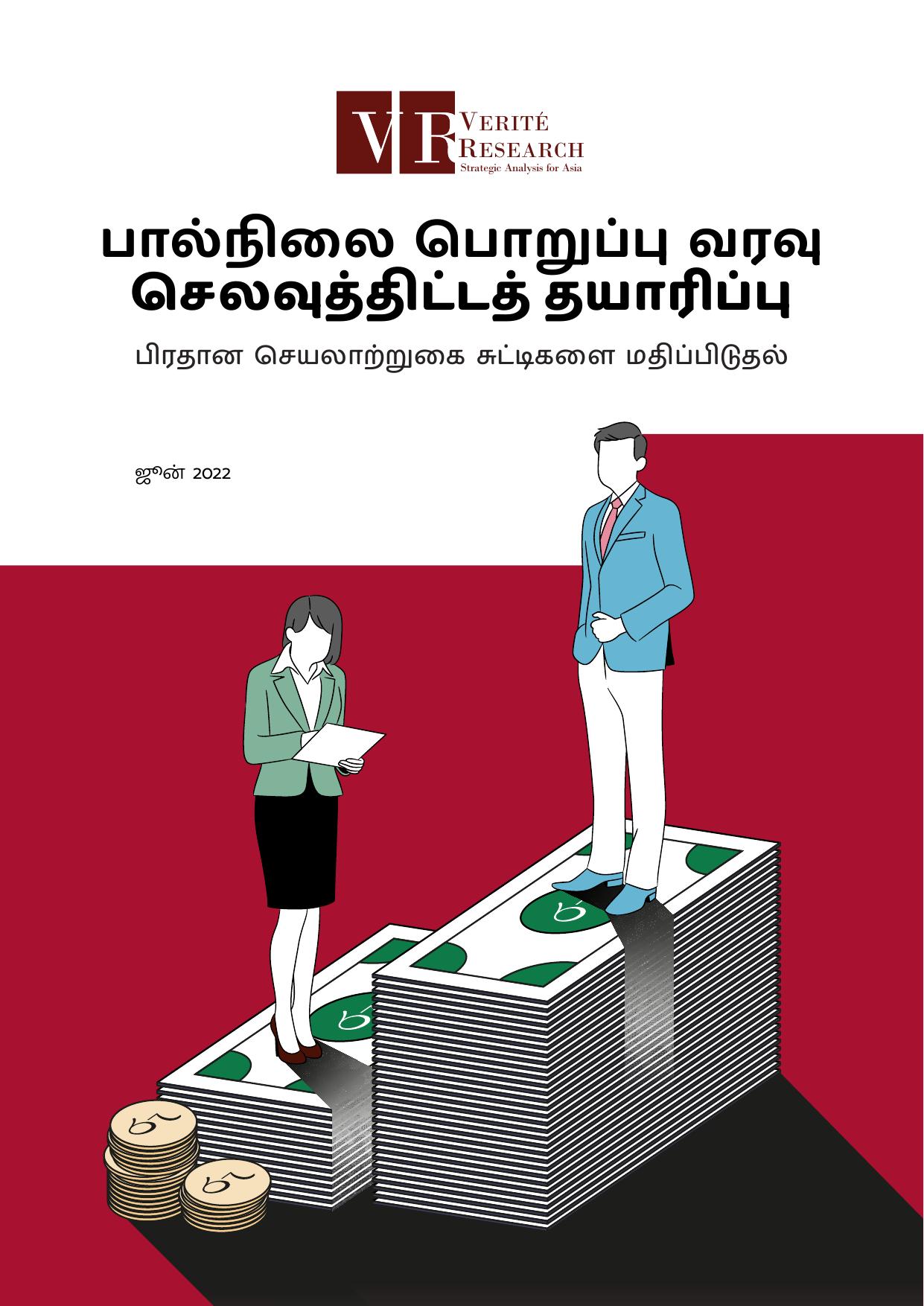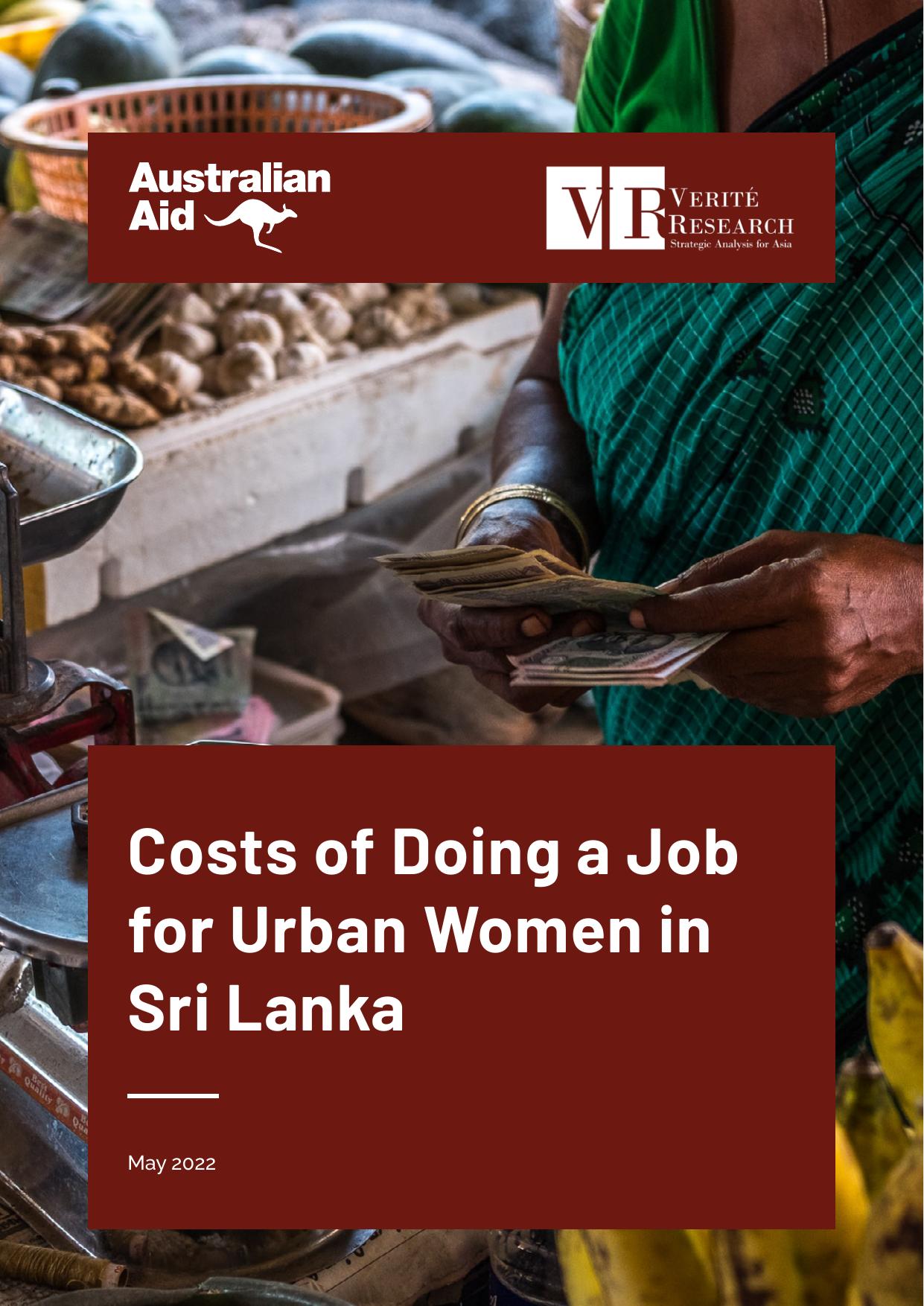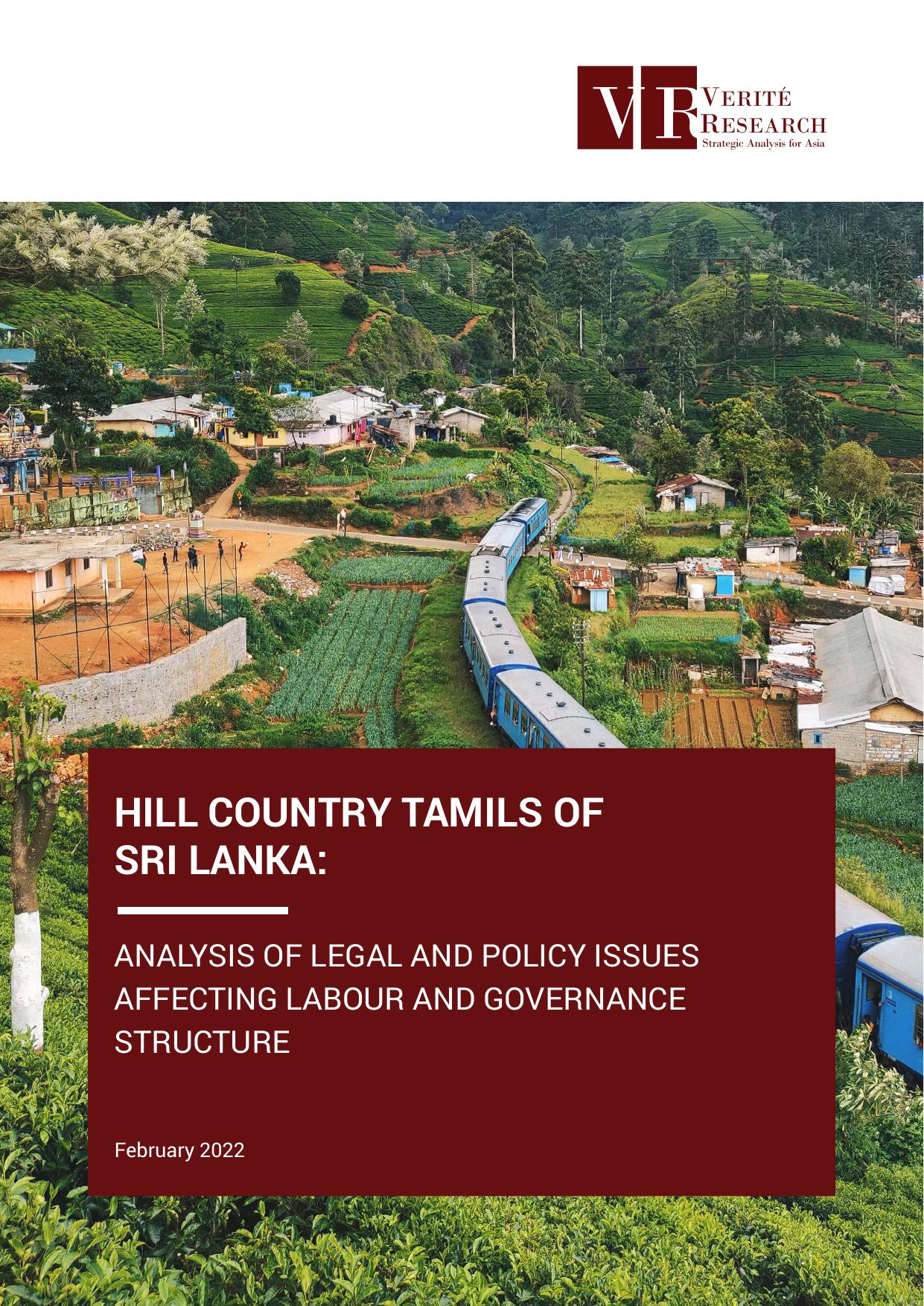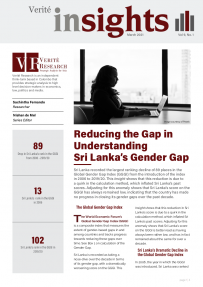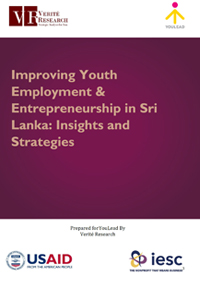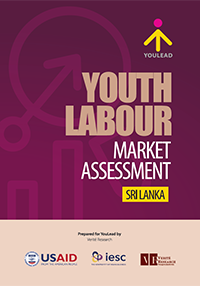This report, commissioned by the International Labour Organization assesses the challenges in extending social security benefits to domestic workers in Sri Lanka. It highlights legal gaps, socio-cultural barriers, and practical issues with implementing key schemes like the Employees’ Provident Fund (EPF), Employees’ Trust Fund (ETF), gratuity, maternity benefits, and work-related injury compensation. To address these challenges, the report suggests both short- and long-term measures, including amending laws, digitizing registration, and introducing new legislation to establish minimum labour standards. The report aims to enhance social security coverage and protect the rights of domestic workers in Sri Lanka.
Fair and effective recruitment practices have a significant impact on preventing and countering human trafficking. Universally accepted principles of fair recruitment suggest that workers should be well-informed of all aspects of employment, including the nature of the employment, payment mechanisms, access to dispute resolution, and safe return.
இந்த அறிக்கை, இலங்கையில் பால்நிலை பொறுப்பு வரவுசெலவுத் திட்டத்தை நடைமுறைப்படுத்துவதில் இலங்கை அரசாங்கத்தின் தோல்வியை எடுத்துக்காட்டுகிறது.
This study aims to address the knowledge gap on how ‘cost’ factors can affect the choice architecture for women entering or exiting the labour force by estimating the monetary and non-monetary costs of doing a job for urban women in Sri Lanka. Working-age women in the Western province that were categorized as either currently employed, previously employed, or never employed, were sampled through focus group discussions and a detailed survey questionnaire.
This report examines the socio-economic background and history of the Hill Country Tamil community (HCT) with a focus on health, education, labour and their primary engagement in the tea plantation industry. Thereafter, the report dives into the three main drivers of disadvantage that have paved the way to perpetuating the long-standing issues of discrimination and marginalisation in access to state services and major human rights guarantees faced by the HCT communities in this sector.
Sri Lanka recorded the largest ranking decline of 89 places in the Global Gender Gap Index (GGGI) from its introduction in 2006 to 2019/20.
Building on the Youth Labour Market Assessment published by Verite Research in 2018, this report focuses on a series of specific issues that represent key barriers to increasing youth employment and youth employability in Sri Lanka. Given the potential of youth entrepreneurship to serve as a key driver for increasing the labour force participation of youth, including young women, the current report also investigates key challenges and opportunities for increasing youth entrepreneurship in Sri Lanka.
Sri Lankan youth due to an extended period of unemployment face a lower possibility in future employment and a reduced earning capacity. As a solution, this paper aims to identify an efficient search method. Emphasis is placed on social contacts, given its popularity as a search method. Social contacts prove inefficient- leading to a 10.0% reduction in unemployment duration with a wage discount of 7.1%. Also, social contacts create a form of stickiness that increases dependency on social contacts and a reluctance to choose other, more efficient search methods in the future. The popularity, inefficiency and stickiness of social contacts are speculated as the probable cause for a large pool of youth to be unemployed over an extended period. As an alternative to social contacts, internet job search proves to be a more efficient search method reducing unemployment duration by 21.6% with a wage premium of 14.3%.
The Youth Labour Market Assessment takes an in-depth look at youth employment and unemployment in Sri Lanka. This report examines 4 gaps; skills gap, aspirations gap, information gap and the structural gap, which are used to explain the paradox of high youth unemployment in a country which has a large number of job opportunities available presently. Bridging these gaps, especially in the high growth sectors in Sri Lanka is a priority for policymakers. Analysis from a primary survey of 2,000 youth and 211 employers are the main data source for the report. The report provides detailed insights on unemployed youth, constrained youth, employed youth, gender and entrepreneurship training. An abridged version of the full report is also made available, and provides key findings and recommendations that are pertinent to the private sector, donor community and vocational training providers. The report was produced for YouLead, a USAID-funded youth employability and business startup programme working to improve youth employability outcomes by addressing bottlenecks in the technical and vocational education and training sector in Sri Lanka. Click here for abridged version with key findings and recommendations The data from the 2 primary surveys can be assessed below: YouLead Youth Survey YouLead Employer Survey Youth…
Verité Research recently conducted interviews with 22 members of civil society organizations to assess the quantity and quality of research on the subject of domestic workers’ rights in Sri Lanka. While measuring and evaluating current literature on domestic workers, this report sets out a four-pronged hypothesis on why domestic workers’ rights have not featured on the civil society agenda in Sri Lanka.


